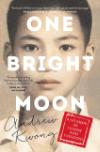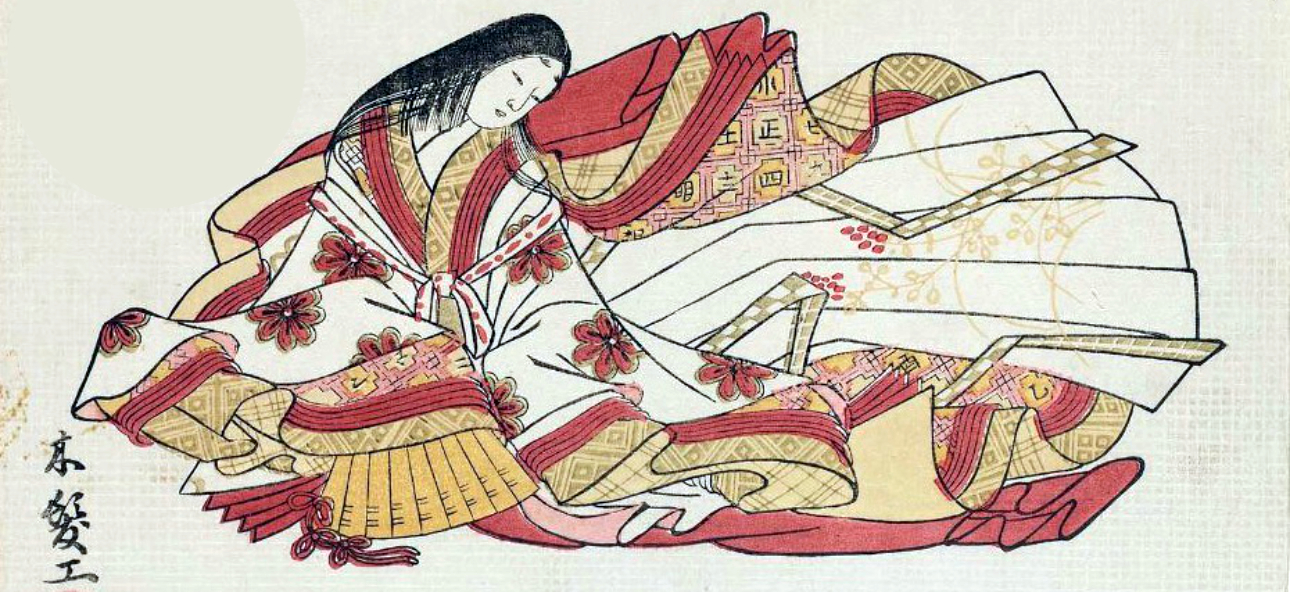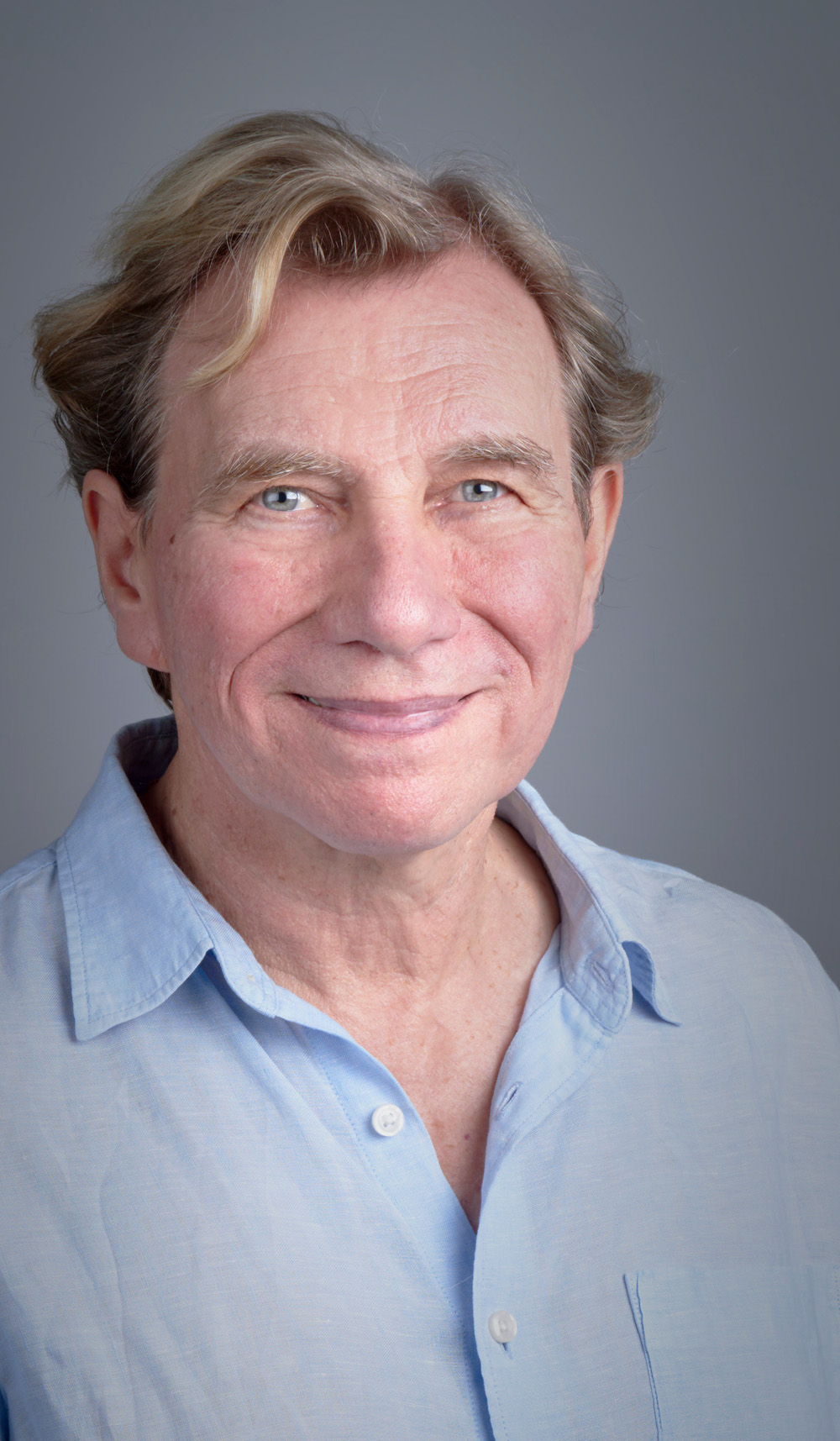
Nostalgia. noun.
Derived from the Ancient Greek νόστος
(nóstos, ‘returning home’) + ἄλγος (álgos, ‘pain’).
There comes a time in life when we’re able to pause and catch our breath at last, and to take a look back at the past. Our mind turns to vivid memories of childhood and youth. Whatever happened to the person who sat next to us in class, or the one we had a first crush on? Perhaps we make a sentimental visit to where we grew up, wondering at how much has, or hasn’t changed. How small the town and buildings look now! How intense those memories, saturated in colour and emotion, compared to whatever we did last year!
Emigrants feel this nostalgia deeply. For them, distance in time and space have become confounded: they can be lovesick for a place and a past that no longer exist. The home country has kept changing while their memories are frozen in time. Exiles feel the pain of nostalgia even more sharply, forbidden even from returning to the landscapes of their youth.
Andrew Kwong is an exile. A GP on the NSW Central Coast, he was brought up in rural China during the horrors of the Maoist Great Leap Forward of the 1950s (when millions starved) and the Great Proletarian Cultural Revolution of the 1960s (when millions of educated and cultured Chinese were persecuted and murdered). His 2020 memoir, One Bright Moon, tells the story of this upbringing, and his escape to Macau, Hong Kong, and eventually Australia.
There has been a wealth of migration memoirs in recent decades, with a number relating to China. Jung Chang’s Wild Swans and Mao’s Last Dancer by Li Cunxin are the best-known examples. A Penguin Book of Migration Literature anthology was also published in 2019. Kwong’s One Bright Moon is a valuable addition to this genre. He vividly evokes a childhood of feeling constantly hungry, with his family persecuted for being ‘bourgeois’ (as his parents had university degrees), yet still eager to be a loyal follower of Mao Zedong and wear a coveted red scarf. Speakers on every street corner blared out revolutionary exhortations all day. Every year, so-called traitors with ‘incorrect thoughts’ were publicly executed in front of the townspeople. As a little boy, Kwong witnesses one of these killings and feared for his own family. His father has to attend ‘thought-cleansing’ sessions in the evening, and the entire experience sounds like being plunged into a real-life version of 1984, which of course it is. George Orwell understood how totalitarian regimes operate long before anyone else.
After the family spirit young Kwong out of China, he attends school in Macau before being smuggled to Hong Kong. From there, he managed to move on to Australia and then medical school. It’s not long before Kwon is married, established a general practice in NSW, and has a family of his own. While his father was eventually able to escape, his mother remained in China during the turmoil of the 1960s and 1970s, causing everyone great anxiety. Only 20 years after Kwong’s escape was she finally able to leave, reuniting the entire family for the first time. This is the ‘one bright moon’ of the book’s title.
What lingers in the mind after reading the book is not only the dramatic moments, of which there are many, but also the author’s intense accounts of small details and incidents from his youth. Being given a delicious Arnott’s biscuit, from a packet sent by family overseas; the scent of incense sticks burnt to honour their ancestors, fishing with his friends to eke out the family’s food. Every precious memory is rescued and restored to the world. It’s as if, decades after living in Australia, he has to pinch himself as a reminder that he is not still back in Maoist China. This is not only about the trauma of political oppression, but also about the mystery of time passing for all of us. After all, how can a clock ticking compete with the intensity of our memories and emotions?
Time is a mystery for philosophers, astrophysicists, and clockmakers alike. Is it another dimension like space, which can bend and change shape? Are there many ‘times’ just as there are three physical dimensions, with others strongly suspected to exist? And how can we even imagine it, from the absurdly narrow perception of a species which lives for less that 100 revolutions of the Earth around our sun? In the universe, there is no such thing as ‘a long time’ for there is no comparator. No sooner has something happened, then it is gone for ever. When we remember past times, though, and the deep personal and emotional meaning they have for us, then they live on inside us, sometimes more ‘real’ than the present, that tick-tock procession of ‘now’ followed by ‘now’ and so on. Andrew Kwong’s memoir is a dramatic tale of survival during a tumultuous period in history, and also an evocation of the fact that what matters to us – what gives meaning to all our lives – is independent of time passing.
No one describes this better than another exile, Vladimir Nabokov, in his memoir, Speak Memory:
Whenever I start thinking of my love for a person, I am in the habit of immediately drawing radii from my love – from my heart, from the tender nucleus of a personal matter – to monstrously remote points of the universe. Something impels me to measure the consciousness of my love against such unimaginable and incalculable things as the behaviour of nebulae (whose very remoteness seems a form of insanity), the dreadful pitfalls of eternity, the unknowledgeable beyond the unknown, the helplessness, the cold, the sickening involutions and interpenetrations of space and time.
One Bright Moon is published by HarperCollins.





Yes I love the anecdotes you’ve amassed there from his narrative, including the details about the biscuits. Tying this in with the Nabokov quote is quite a feat but you pulled it off!